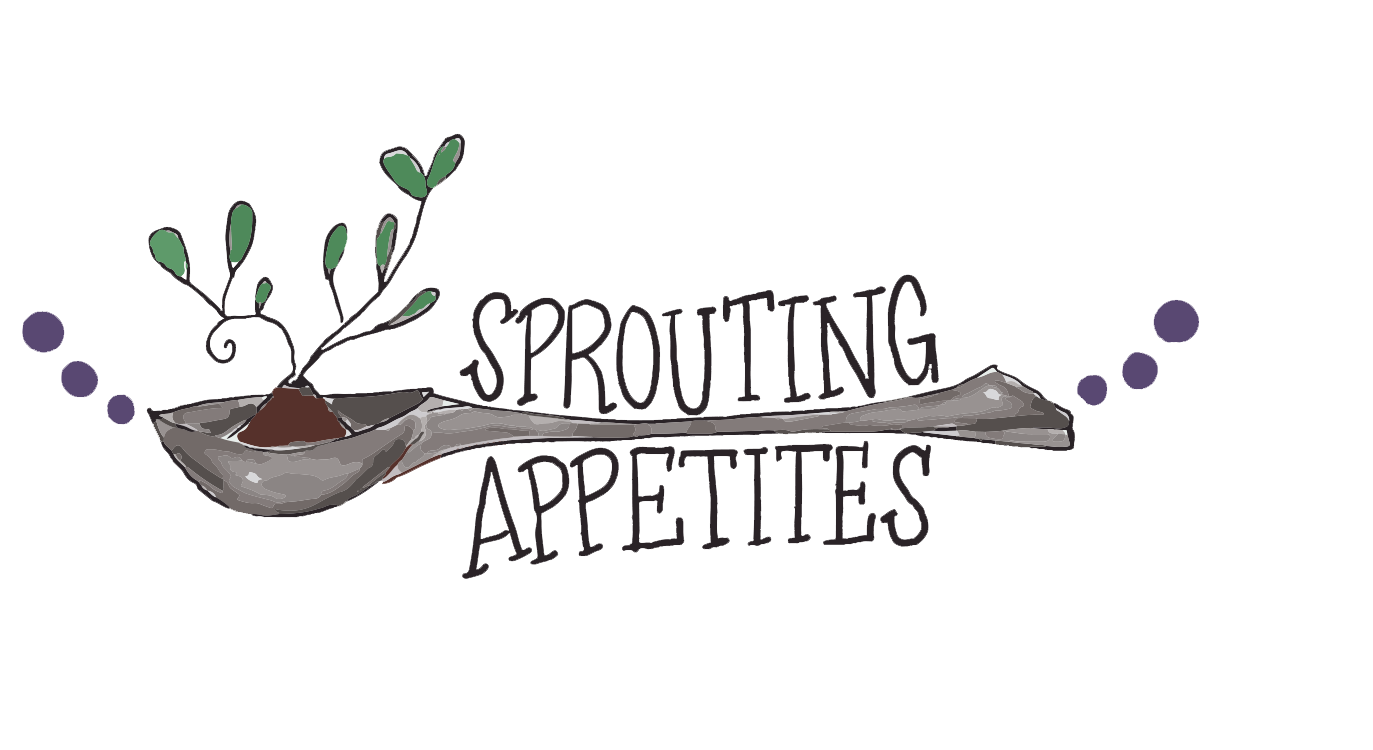
Guiding Through Allergies: The Vital Role of a Pediatric Dietitian in Managing Child Food Allergies
Childhood food allergies can pose significant challenges for both parents and children. Navigating a world filled with potential allergens requires expertise and support. Enter the pediatric nutritionist, a crucial ally in crafting tailored nutritional plans, providing education, and offering emotional support to families managing child food allergies.
Accurate Allergy Assessment and Identification
A pediatric nutritionist plays a key role in the accurate assessment and identification of food allergies in children. Through comprehensive evaluations, including allergy testing and careful consideration of a child’s medical history, these experts can pinpoint specific allergens that need to be avoided.
Creating Personalized Allergy-Friendly Nutrition Plans
Once food allergies are identified, a pediatric nutritionist collaborates with families to create personalized nutrition plans that ensure the child receives all the essential nutrients while avoiding allergens. These plans consider the child’s preferences, cultural background, and lifestyle to make them practical and sustainable.
Nutrient-Rich Substitutions and Balanced Diets
Eliminating certain foods due to allergies may lead to concerns about nutritional deficiencies. Pediatric nutritionists specialize in finding nutrient-rich substitutions to maintain a balanced diet. They provide guidance on alternative sources of crucial nutrients, ensuring the child’s growth and development are not compromised.
Educating Families on Label Reading and Hidden Allergens
Navigating food labels can be challenging, especially when dealing with hidden allergens. Pediatric nutritionists offer education to parents on how to decipher food labels, identify potential allergens, and make informed choices. This knowledge empowers families to confidently select safe and nutritious foods for their child.
Addressing Emotional and Social Aspects
Food allergies can impact a child’s emotional and social well-being. Pediatric nutritionists understand the importance of addressing these aspects and work with families to create a positive and supportive environment. They offer guidance on managing social situations, such as school lunches and social events, to ensure the child feels included and safe.
Collaborating with Allergy Specialists and Healthcare Providers
A pediatric nutritionist often works collaboratively with allergy specialists and other healthcare providers. This interdisciplinary approach ensures comprehensive care for the child with food allergies. It facilitates communication between different healthcare professionals to create a holistic plan that addresses both nutritional and medical aspects.
Empowering Families to Advocate for Allergy Awareness
Beyond individualized care, pediatric nutritionists play a role in empowering families to advocate for allergy awareness in various settings. They provide resources, tips, and strategies for effective communication with schools, caregivers, and community members to create environments that prioritize the safety of children with food allergies.
At Sprouting Appetites, we believe that a pediatric nutritionist is an essential partner for families navigating the complex landscape of child food allergies. Through accurate assessment, personalized nutrition plans, education, and emotional support, we strive to empower families to manage food allergies with confidence, ensuring the child thrives with a well-balanced and allergen-safe diet.

